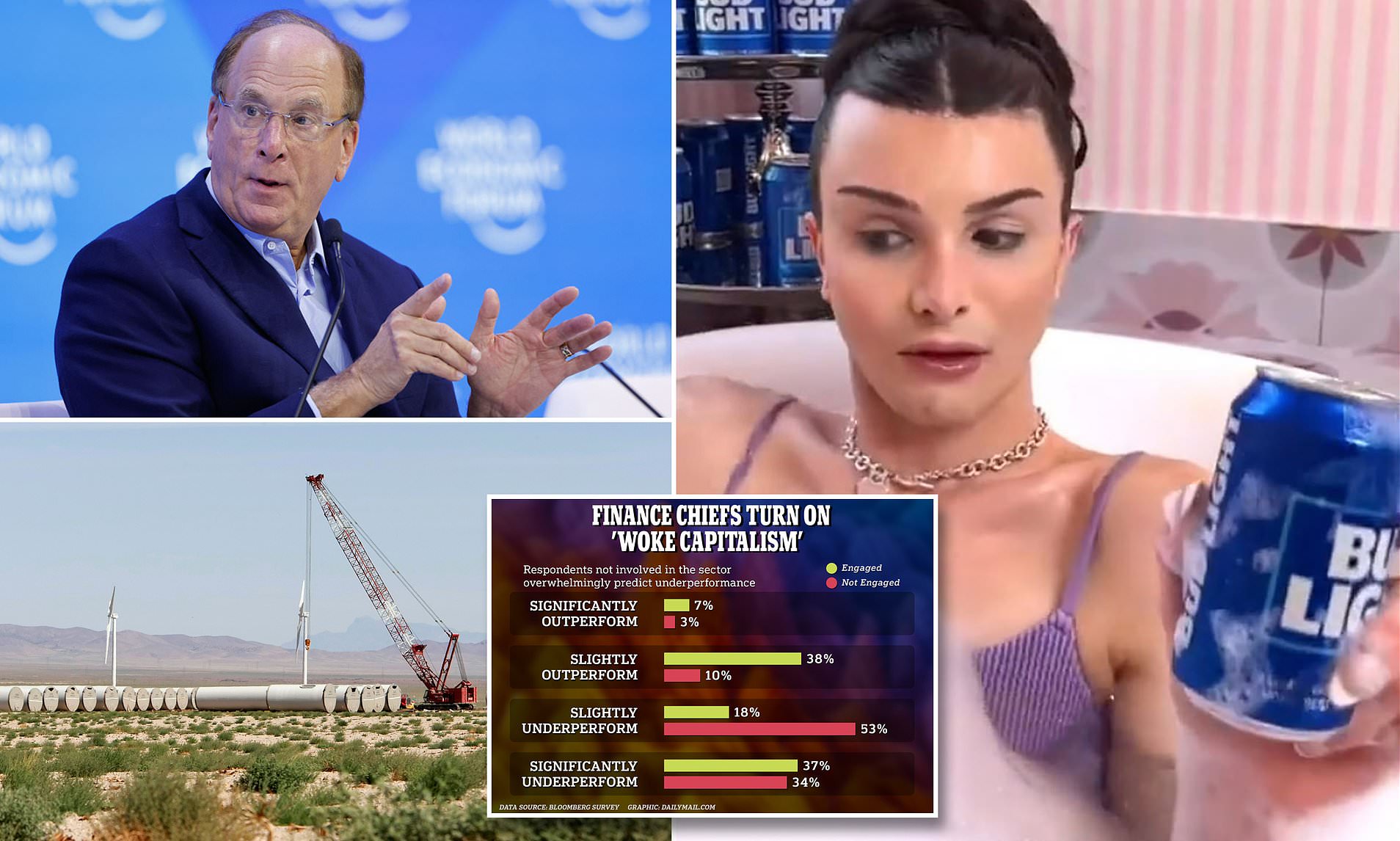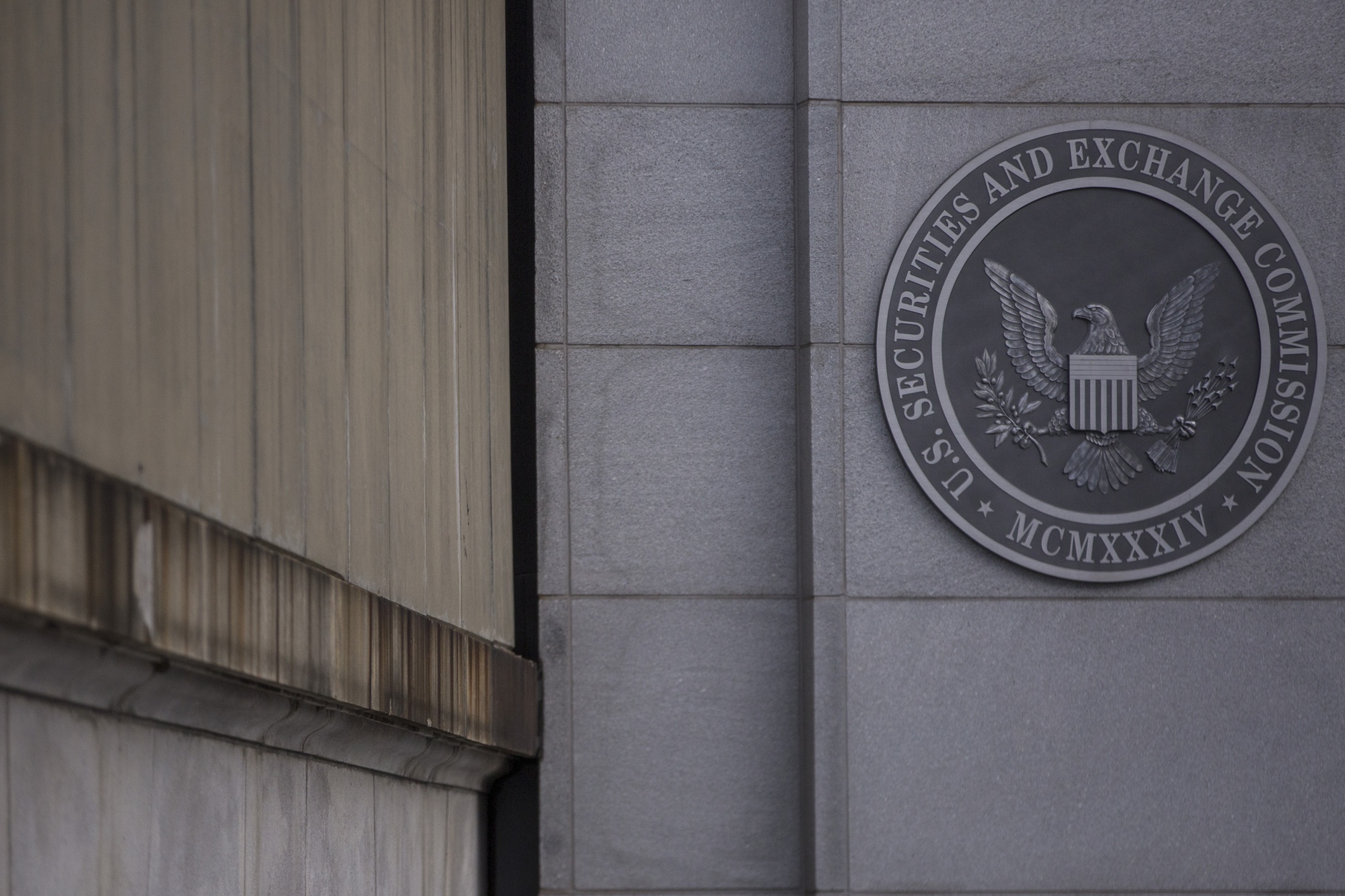US investors’ enthusiasm for green investments has begun to wane in the face of repeated attacks on “woke capitalism” by Republicans, in a growing contrast to the billions still pouring into sustainable strategies in Europe.
Funds marketed with a sustainable label were hit with $12.4bn in net outflows in the US in the past 12 months even as green funds in Europe added $126.3bn, according to the data provider Morningstar.
The rift between the jurisdictions is a sign that the political backlash against asset managers who take a position on environmental, social and governance issues in the US have started to dampen appetite for ESG strategies, analysts say.
High-profile Republican figures including US Senate minority leader Mitch McConnell and Florida governor Ron DeSantis have in the past year campaigned against the use of investment strategies that penalise fossil fuel producers, arguing that such strategies have elevated environmental aims above asset managers’ primary responsibility of earning the best possible return on their clients’ investment.
“The absolute politicisation of ESG in the US is a huge driver” of the outflows, said Luke Sussams, ESG strategist at the US investment bank Jefferies, adding that the risk of repercussions against asset managers seen to be promoting green strategies is “very very real”.
“Even staunch advocates of sustainable finance are thinking the term is almost unusable. The broader trend is that capital has been drying up to US ESG products, which is very different to the trend we’re seeing in Europe.”
Flows into sustainable funds in the US have always been smaller than those in Europe, where asset managers have long trumpeted their ESG credentials as they seek to capitalise on enthusiasm for sustainable investing among investors, politicians and regulators.
But a steady trickle of cash has all but dried up since the second quarter of 2022, and more recently started to reverse. Although money is also flowing out of the broader universe of US investment funds, the ESG outflows have been larger relative to overall assets. In Europe, money continues to flow into sustainable investments faster than the funds sector as a whole.
Last month’s decision by BlackRock, the world’s biggest asset manager, to remove the largest sustainable fund in the US from one of its popular portfolio allocation strategies has provided a further headwind. The switch drove $6.5bn of outflows from the fund between January and March, roughly a third of its overall assets, according to Morningstar.
The removal of the iShares ESG Aware MSCI USA ETF — which favours stocks with high ESG ratings and avoids investing in thermal coal or civilian firearms — from its strategy midway through March was driven by concerns that the collapse of Silicon Valley Bank could cause widespread shock throughout the financial system, according to a person familiar with BlackRock’s decision.
The ESG fund was largely replaced in its strategy by an iShares MSCI ETF focused on “quality” US stocks, which minimises exposure to companies with heavy debt burdens, but does not take sustainability into account. BlackRock declined to say whether it continues to recommend any ESG funds to investors who follow the strategy.
Sussams said BlackRock’s decision would likely have been taken with one eye on the rightwing backlash, not just the banking crisis.
BlackRock said: “As a fiduciary, we have an obligation to act in the best interest of our clients and to be solely focused on their investment objectives. Our clients’ interests come first. Always.”
Asset managers including BlackRock were added to a list of institutions seen as hostile to fossil fuels by Texas officials last year and have been hit with withdrawals from cash management products in Republican states.
In a public letter last month, BlackRock chief executive Larry Fink sought to address the backlash against the firm’s policy of encouraging companies in which it holds a stake to commit to achieving net zero emissions by 2050.
In a shift in tone from his previously more strident embrace of ESG, Fink emphasised that clients were responsible for their own investment decisions.
“There are many people with opinions about how we should manage our clients’ money,” he wrote. “But the money doesn’t belong to these people. It’s not ours either. It belongs to our clients, and our responsibility and our duty is to them.”
Hortense Bioy, head of sustainability research at Morningstar, said that momentum for ESG investing in the US peaked in 2021 and at the start of last year before dropping off in the past 12 months.
Scepticism of ESG in the US may be growing as investors gain a “better understanding of sector biases”, she said. Green funds have traditionally favoured tech stocks, which tumbled last year, while avoiding the resurgent energy sector. However, the Republican party’s anti-ESG animus has undoubtedly played a role, according to Bioy.
“It’s hard to ignore the unfavourable political environment in the US,” she said.
US investors ditch green funds as ‘woke capitalism’ backlash bites



